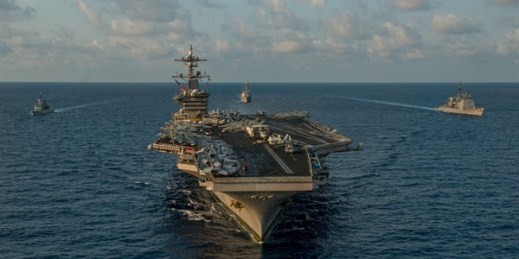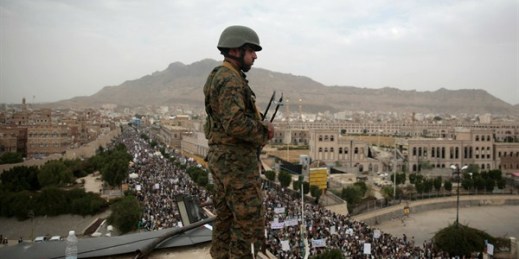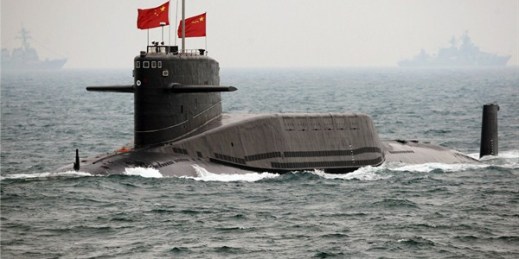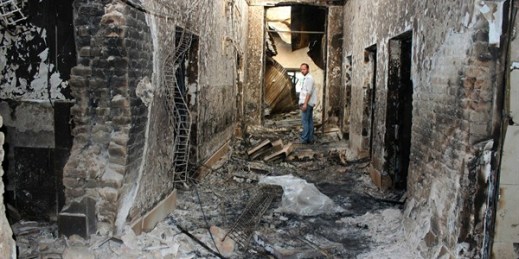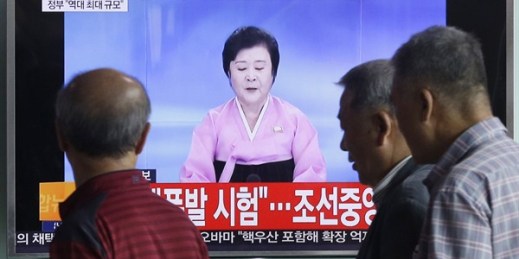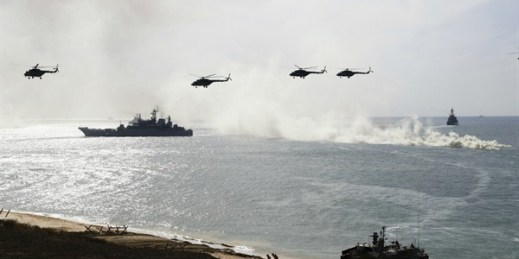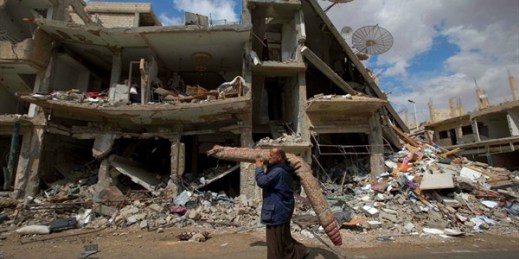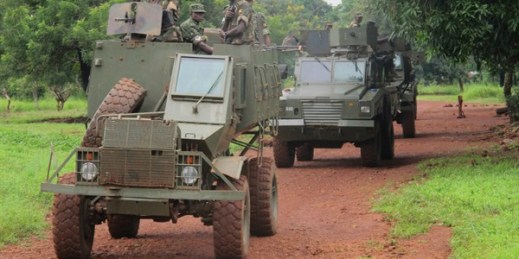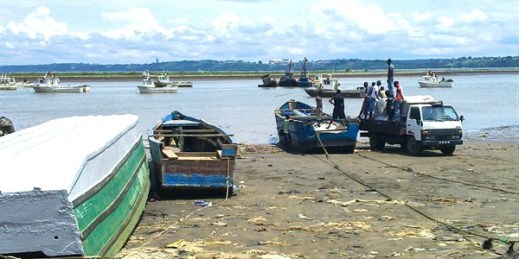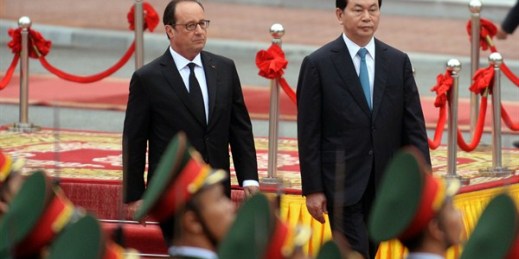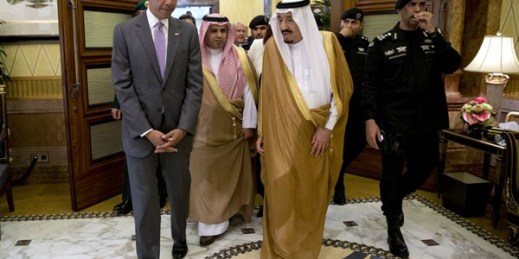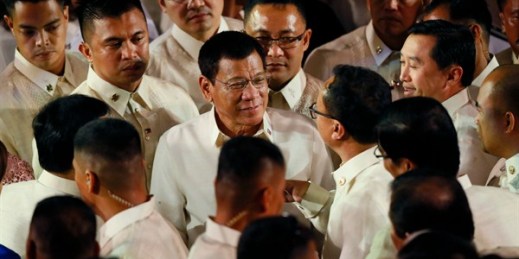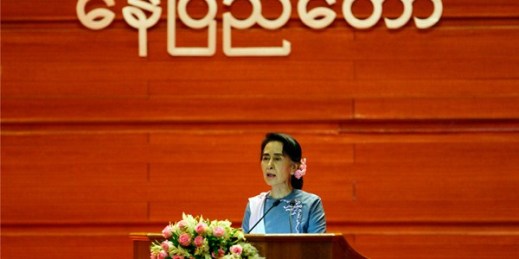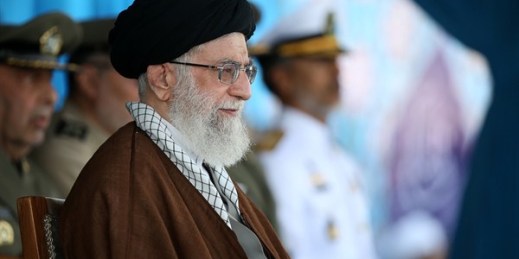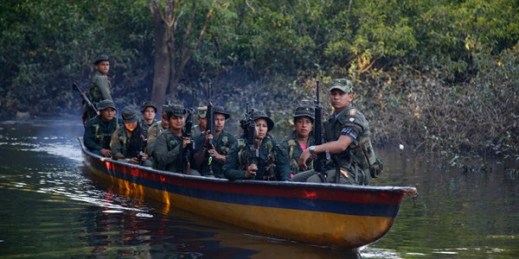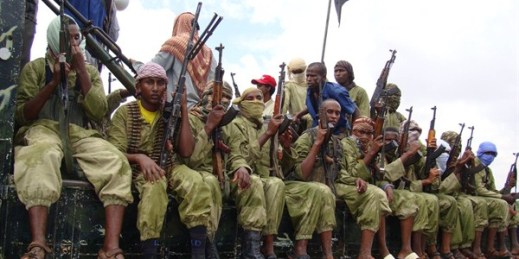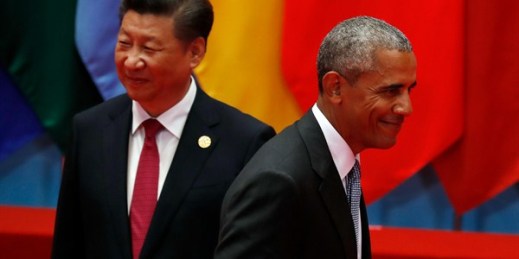
China has a growing terrorism problem. For many years Beijing believed it could avoid transnational extremism simply by staying out of the security affairs of other nations. But this no longer works. Just as Saudi Arabia and Pakistan found that leaving extremists alone did not protect them from terrorism, China is reluctantly being drawn into the conflict with global Islamic extremism. Two things are driving this. China’s growing international presence, both governmental and business, has set off an “antibody reaction.” Chinese nationals have become targets of terrorism simply because they are foreigners from a rich great power, rather than because […]

